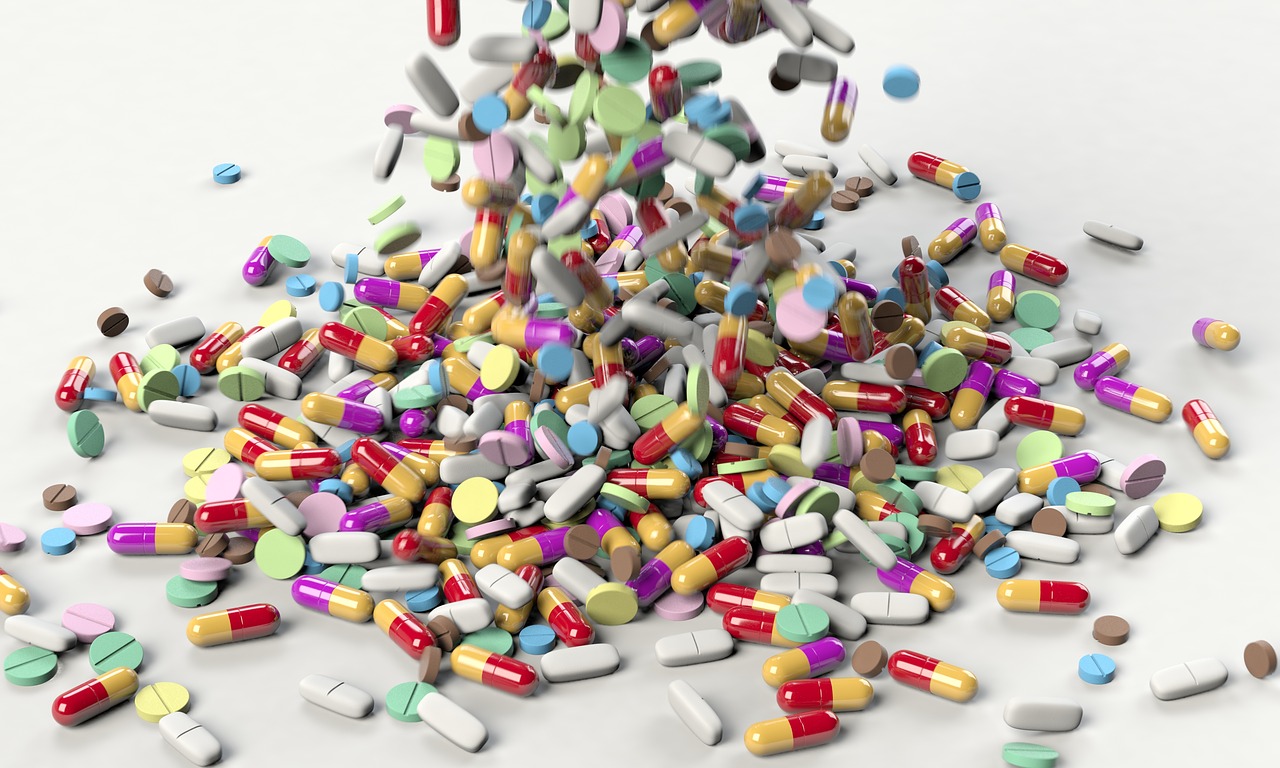Data loggers play an essential role in the pharmaceutical industry. Pharma companies must furnish agencies like the FDA and WHO with exacting records of their transit and storage processes to ensure their products have been maintained in safe and compliant conditions. Not to put too fine a point on it, lives hang in the balance.
Drugs often require a “cold chain” (temperature-controlled environment) that lasts from the factory to the shelf, including air, ground, and sea transport. Excessive humidity can also cause product to deteriorate or lose potency.
The Center for Disease Control has strict standards on the temperature control of vaccines. Additionally, products and materials that require sterilization must have their conditions monitored carefully, because sterilization requires certain temperature and pressure conditions, especially high heat.
A data logger keeps track of ambient conditions like temperature, pressure, and humidity, noting the data with a sensor and microprocessor and recording the data at set intervals on a storage drive. From there, the data can be retrieved and processed into compliance reports.
Technology has pushed data loggers forward by leaps and bounds. Data loggers are smaller and more cost-effective than ever. Data can be retrieved wirelessly or from the Cloud. Proprietary data-logging software can synthesize compliance reports for you, saving you time and ensuring accuracy.
Data loggers continue their march toward refinement and improvement. Here’s what the future holds for data logging technology and how it applies to the pharmaceutical industry.
Internet of Things
“Internet of Things” (or IoT for short) is a buzzword for a class of technology that revolves around “smart,” “connected,” or artificially-intelligent devices.
The actual Internet is a digital environment that exists on a series of connected servers. The Internet of Things applies principles of the internet to actual objects in your life, like:
- A smart thermostat that detects which rooms get the most traffic at what time.
- Home and car door locks you can control remotely with a smartphone app.
- A bathroom mirror that tells you the weather, gives you mobile alerts, and answers questions responsive to voice command.
Not all data loggers are IoT devices. Some are more like basic computers that can perform a simple and repetitive function and record its history.
As modern data loggers from manufacturers such as Dickson are incorporated into the Internet of Things, more of them have intelligent capabilities, including but not limited to:
- The ability to immediately notify you by email or push notification if and when conditions become non-compliant.
- The ability to track and synthesize multiple data streams in real time.
- The ability to notice location and exterior conditions, and intelligently adjust or react to maintain compliant conditions.
These “smart” data loggers aren’t just passive observers when disaster strikes. They can empower companies to take swift and decisive action to save whole batches and shipments from non-compliant conditions, before the damage is permanent. Pharmaceutical companies stand to save a fortune in losses from improved data loggers.
Cost Effective
Non-intelligent data loggers have the advantage of being cost effective. They only have three relatively inexpensive components—a sensor, a microprocessor, and a digital storage drive. IoT devices are much more sophisticated and yet, somehow, not sophisticated enough.
The networks IoT devices rely on, like 4G-LTE cellular networks, were designed to stream Netflix. IoT data loggers don’t need that kind of bandwidth, but in the absence of an alternative, they must adapt to an expensive data-transfer environment far in excess of what it needs.
The cost of smart data logging is justified in the shipping of high-cost, premium pharmaceuticals. However, the everyday bread-and-butter supply chain can’t always justify the cost. Instead, pharma companies just eat the cost of the occasional unsellable shipping container.
As the marketplace adapts to the pharmaceutical industry’s demand for spotless cold-chains and sterilization environments, with the compliance records to prove it, expect to see IoT devices run on dedicated or inexpensive networks, the devices themselves becoming more and more cost-effective. It will make more and more sense to use smart devices even on the shipment of lower-cost inventory. The reduction in breakage will begin to outweigh the cost of the data logger itself.
Longer Battery Life
IoT devices are notoriously greedy for electricity. It wasn’t that we didn’t have the technology to program advanced IoT data loggers—it’s that the batteries would run out in two to three weeks, making them appropriate for rushed transit but untenable for longer transit.
The days of short battery life are numbered, however. Lithium-ion batteries are the star player in the battery game at present, but scientists and new batteries in development are poised for breakthroughs in battery technology like:
- Lithium-sulfur, which lasts longer with less environmental footprint.
- Cobalt-nickel batteries made from heavy metals extracted from sea water.
- Silicon lithium-ion batteries made from sand.
They’re all rowing in the same direction—toward batteries that last for months instead of weeks, made from sustainable and ethical materials and processes, smaller and more cost-effective than ever before.
Once the battery life hurdle is cleared, incorporating IoT data loggers into the pharmaceutical supply chain will officially achieve “no-brainer” status.
Conclusion
Data loggers stand at a crucial juncture for the pharmaceutical company. The stakes couldn’t be any higher. The pieces are in place for the next generation of data logging technology—the kinds of devices that not only record conditions for compliance purposes, but actually alert the team of evolving conditions that could threaten inventory.
Technological hurdles still need to be cleared, including the cost of the data networks the loggers rely on, as well as extending battery life to last the entire supply chain.
Whatever breakthroughs lie ahead for data recording technology, expect the pharmaceutical industry to ride the cutting edge as they strive to invent and distribute the next generation of life-saving vaccines and medications, to the great benefit of us all.




